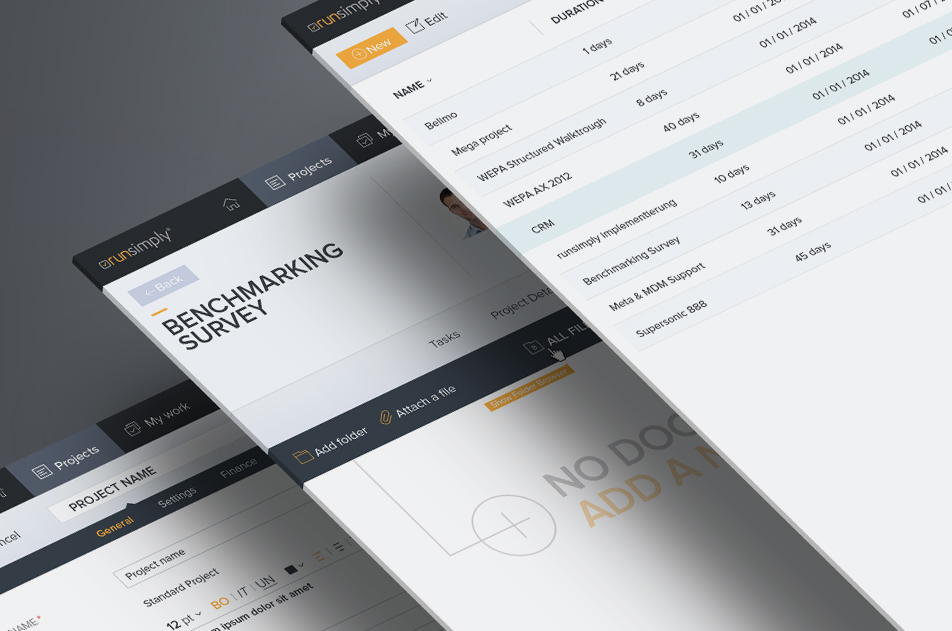

This is important for the mental aspect of training. If you have a running log, you could answer any of these questions at the turn of a page.īeing able to compare your current training to your past training allows you to see improvement.

What was the longest run you did before your last half marathon? What was your pace on the workout you did last month? Let’s take a look at the different benefits of running logs: Benefits of Running Logs #1: Allow you to track improvement Running logs allow you to track your runs and are important for several reasons. Whether you are an olympian trying to win a gold medal or a new runner trying to finish your first 5k, you should have a running log. Look back and pinpoint training and/or injuries for future reference.Track mileage so you can safely increase training.They are a treasure trove of information that can lead to you being a faster, healthier runner. Running logs are a snapshot of what you were doing on a particular day, week, or year. What You Should Use to Keep Your Running Log.What You Should Track in Your Running Log.Why Running Logs are Useful and Important.Being able to look back with a training log, gives us the opportunity to improve.

I was then able to take some of these training principles and fold them into my current training to hopefully improve my time for upcoming races. I was able to see the different interval and tempo workouts I had used that led to my 1:29 half marathon. I looked back through the months leading up to my PB in May. So I got on my computer and pulled up my training log from 2013. After finishing the half, I started wondering what I did differently back in 2013 that had me run my personal best. I ran 1:35:01, which was the fastest time I’ve run since 2013. I won the Whistlestop Half Marathon in Ashdown, Arkansas, with a time of 1:29:17.Ī few weeks ago, I completed my latest half marathon. On May 11th, 2013, I ran my fastest half-marathon.


 0 kommentar(er)
0 kommentar(er)
